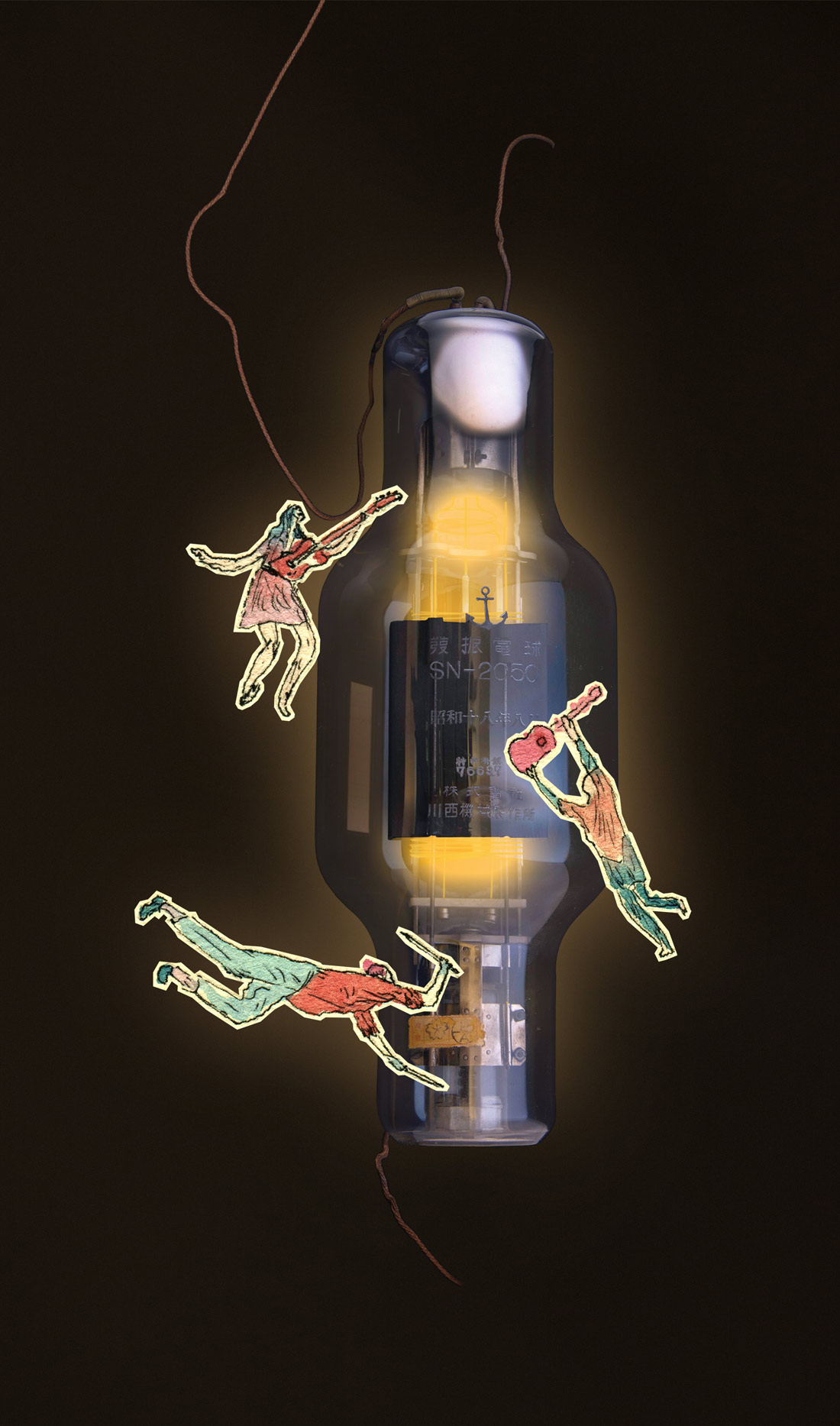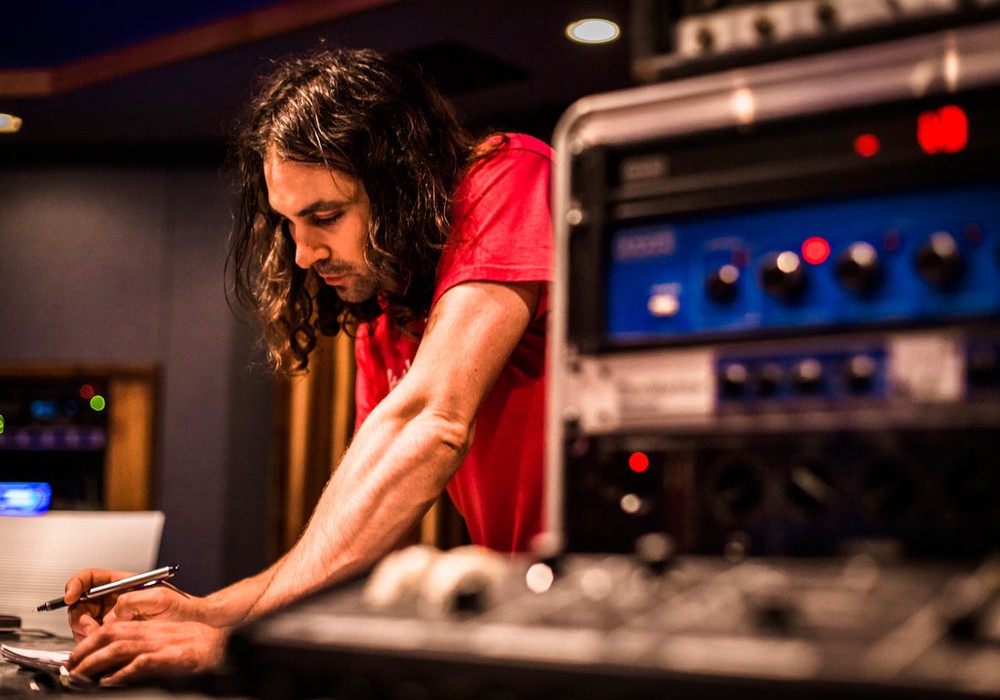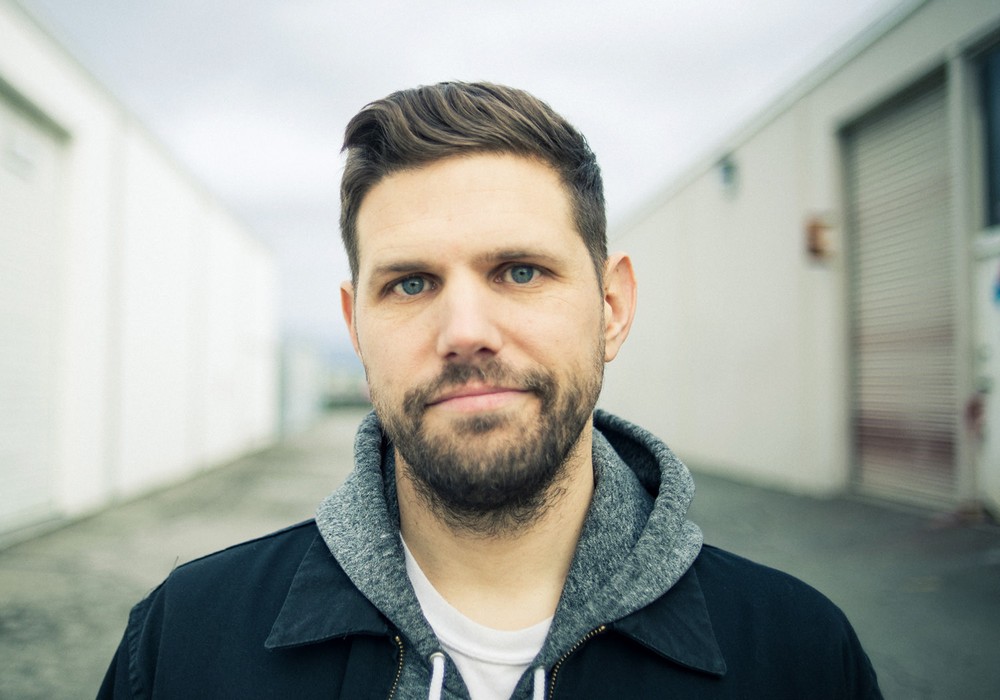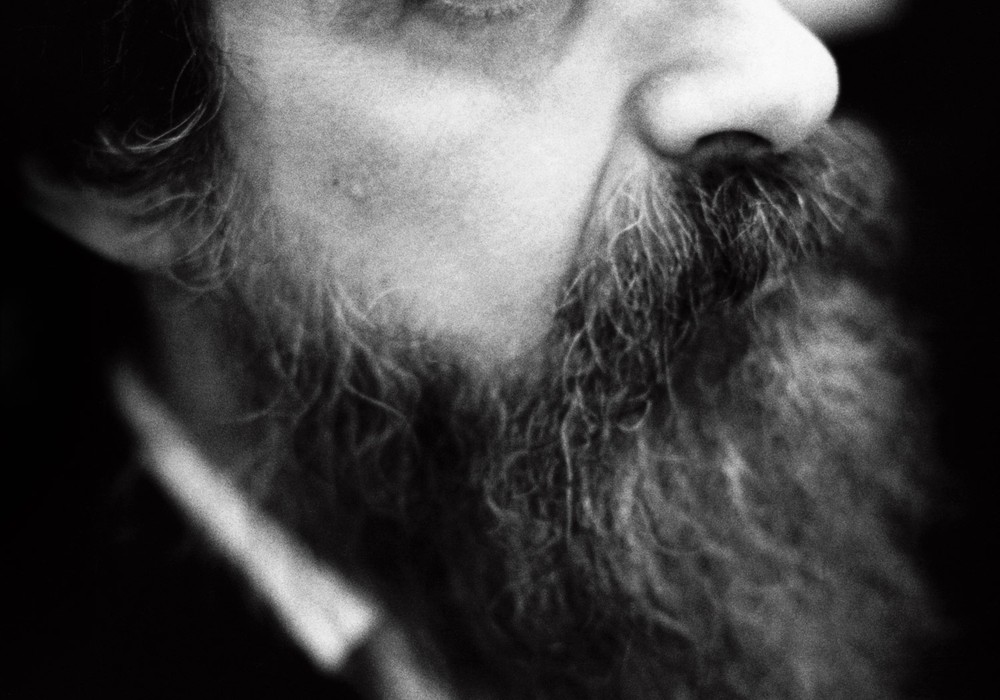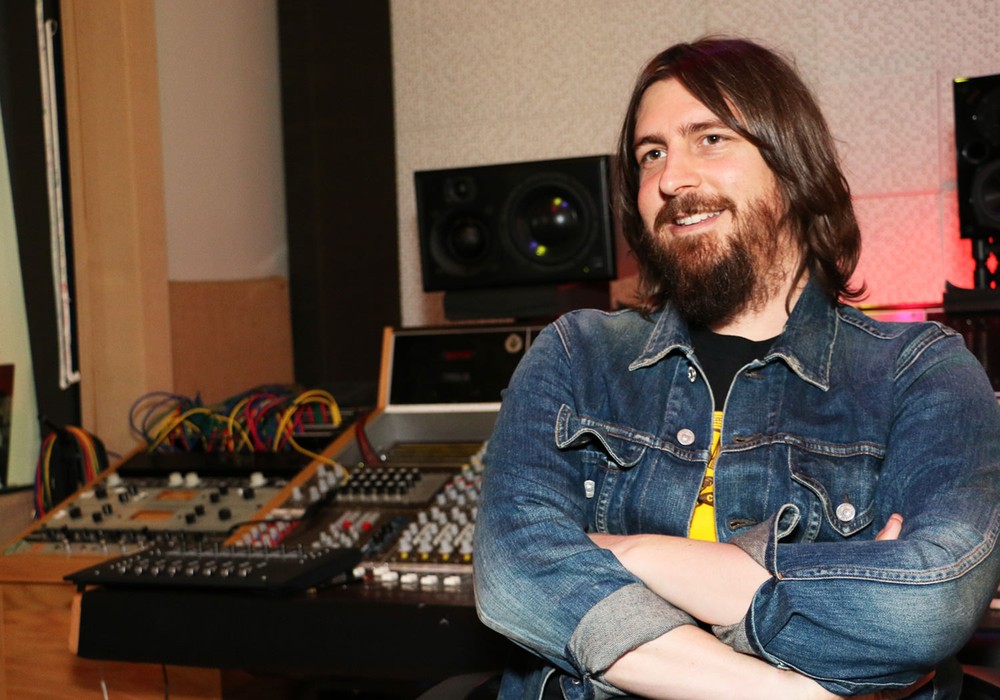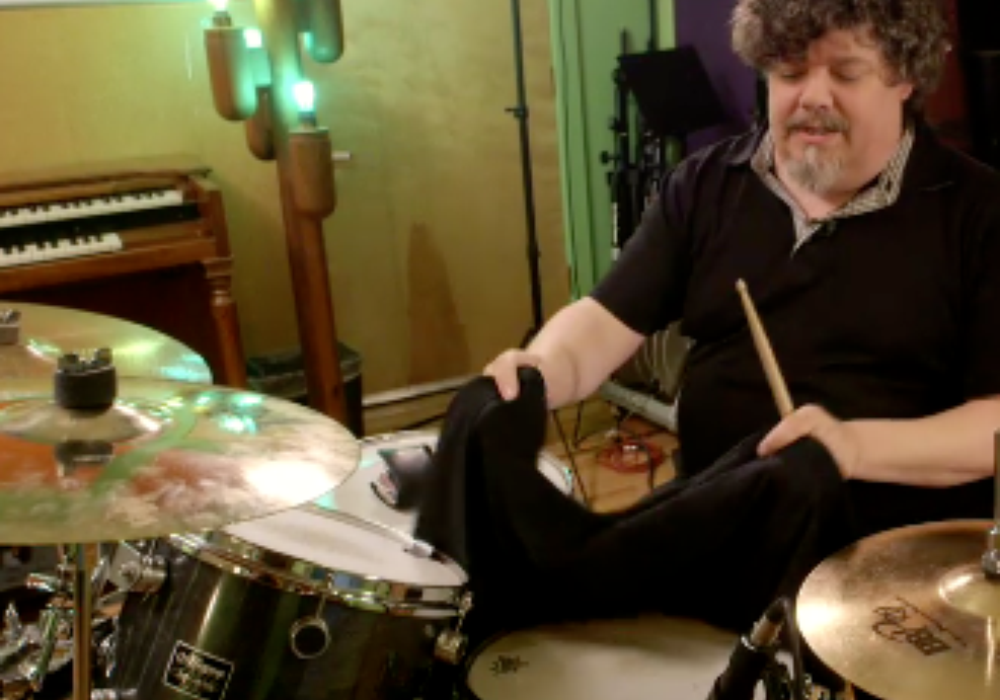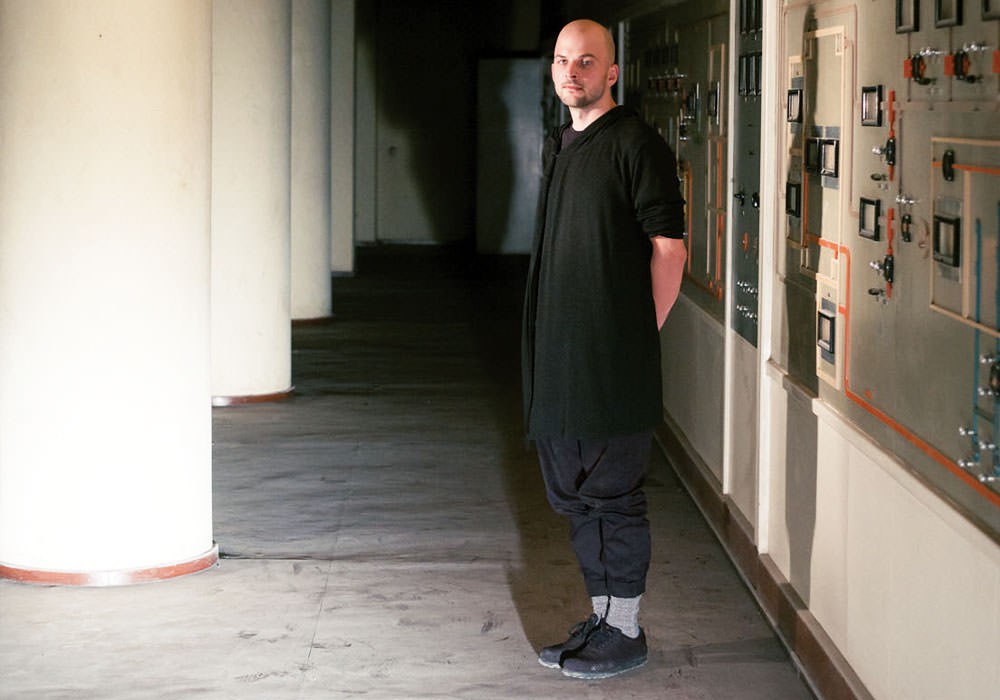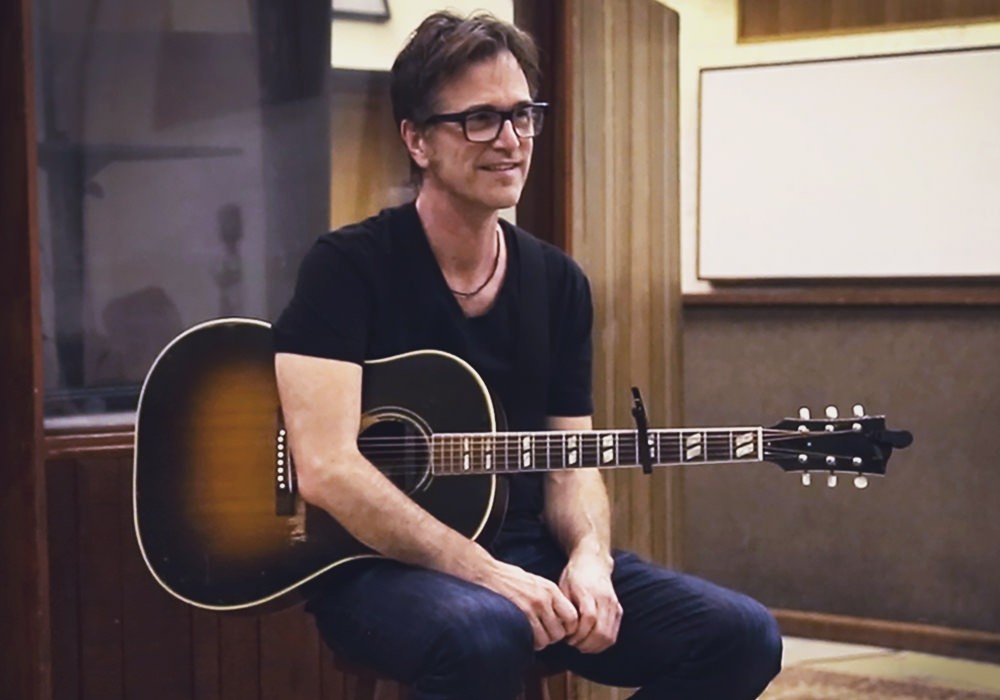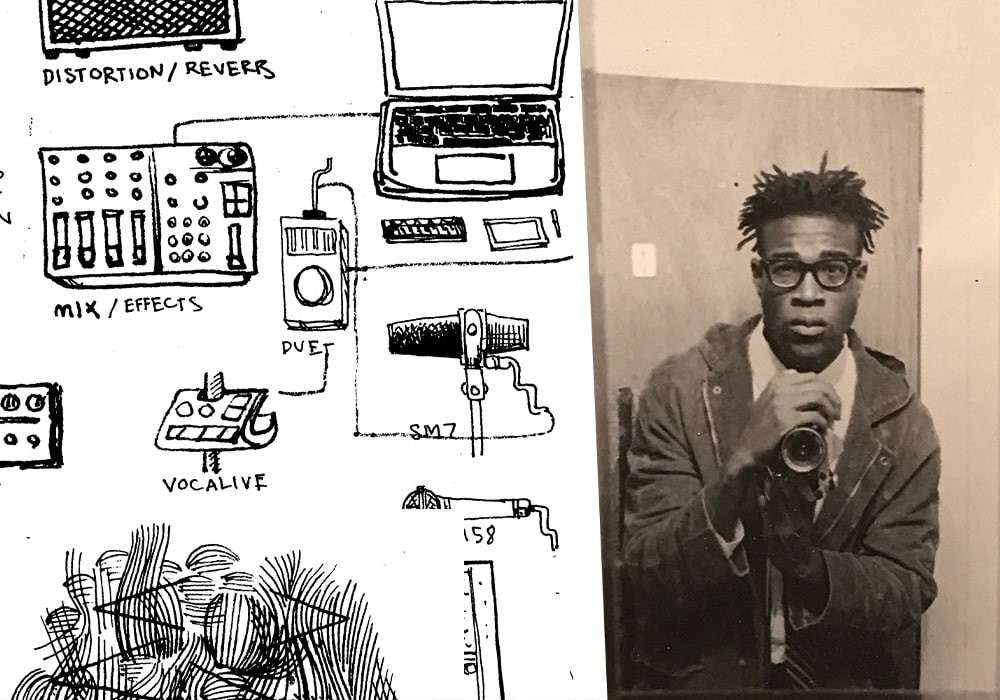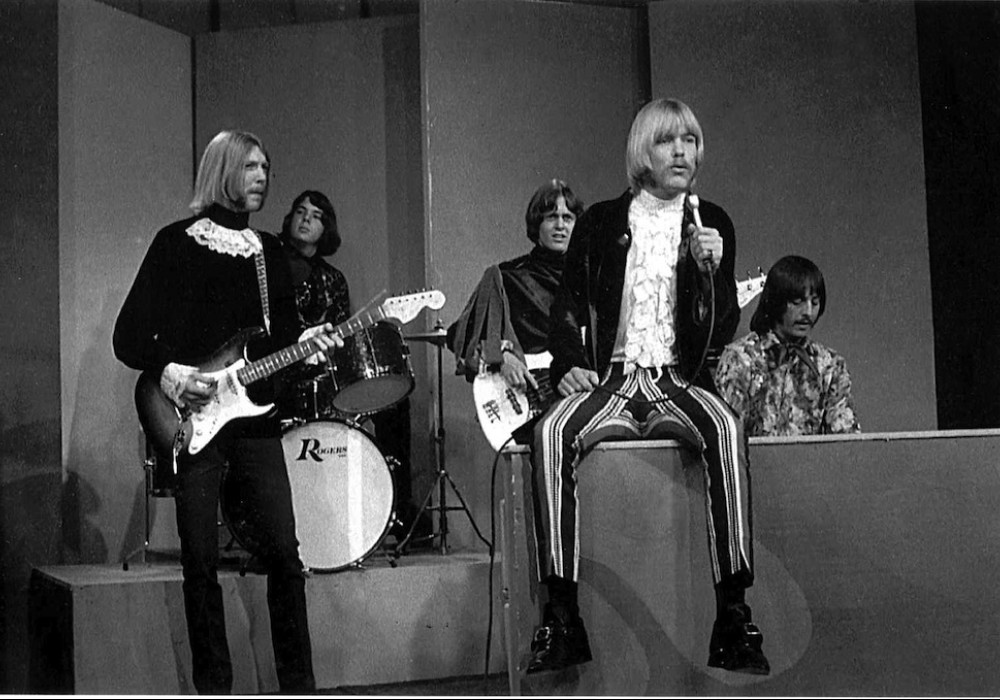With 2014's Lost in the Dream, The War on Drugs have made it onto most people's playlists. Frontman and producer extraordinaire Adam Granduciel was kind enough to take a break from touring to discuss the unique making of the record, as well as some of his production philosophies.
Talk about your roots as an engineer/ producer. Was there a particular point where you thought, "Hey, this is really cool. I want to do this."
Probably around 2000. I got a BOSS BR-8 digital recorder that ran off of Zip disks and mixed out on a MiniDisc. Before that I was playing a song into a tape recorder and then playing it back and recording to that, but not overdubbing. But when I started to get into multitracking, that's when I started to see my writing get exponentially better. The obsession grew. Instead of just using a drum machine, I was starting to get into situations like, "I can only use one track for drums, so where am I going to put the [Shure SM]58? Put it right between the snare and kick?" [laughs] Through the BR-8 I was learning about compression and at first I really didn't know what it meant, so I just turned it all the way up; everything would get louder and blown out. I was like, "This is fucking great!" [laughs] Slowly I learned what it was doing. I had that BR-8 for about seven years. Around 2007, when [the record label] Secretly Canadian committed to my first record, I bought a [Tascam] MS-16 1-inch [tape deck] and a Tascam 24-channel board. That was a new kind of way of engineering for me. Learning about aux sends and feeding shit back through them, slowing the tape down, sampling off tape. It was a place where I had my own little zone, with a few Memory Man pedals and pieces of gear. By doing that all the time I started getting better at recording guitars, and I started reading about engineering and rock mythology. Like, "Oh, on 'Born to Run' they threw a 12-string guitar into a dbx [compressor]. Let's do that!"
Given the '80s rock influences in your writing — Bruce Springsteen, Tom Petty — did you find yourself learning about the making of all of those records?
Not really. Before I started this record, I was in a guitar store outside of Philly called the Guitar Barn, and they had this MXR Pitch Transposer. You can see pictures of Phil Collins in the studio with a whole rack of these things, but I never knew what they were. It came with the meter display, which is pretty rare. I would usually start everything at home on the 1-inch: drum machine, guitars — usually through my [Fender] Champ or my Traynor amps — and synths or Rhodes. Really anything I could do that would set the mood of whatever idea I was working on. Jeff Zeigler, my engineer, had the same 1-inch machine, so I'd give him all of the tapes to transfer into Pro Tools. But I had this piano riff for this one song, and I was like, "Let's hook up that Pitch Transposer." We had its mono output into a stereo [Vox] Time Machine delay, and all of a sudden that became — in some way — the sound of the record.
I gathered that this record wasn't made in the traditional sense of "band goes into a studio and knocks out ten songs over a handful of weeks." It was more of a long-term personal project. What was it like making a record that way?
The advantages include being able to take one little idea and watch it expand, [as well as] taking things away and putting things in — constant revising. There's no sound in my head that I'm trying to capture; it's the whole process that excites me, from the first demo to mixing. In mixing you're like, "Mute all the drums," after hearing it all for a year, and then you're like, "Mute everything, except for those synths." All of a sudden there's this "Aha!" moment, but it still has all the elements that we've added to in the past year. Disadvantages to this process would be that without a deadline I'm not sure when I'd get to the point of making those final decisions, because that journey is so exciting to me. Because there is no distinct sound chasing, the song...
